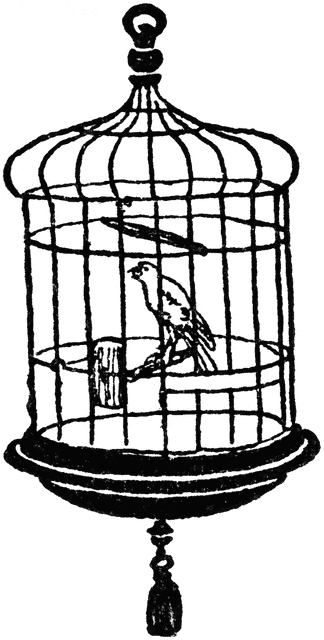It's considered patriotic to say stuff like that about the military. But is it the whole truth?
There are two reasons I am asking this question. First, at a time when President Obama is seriously considering a massive escalation of US involvement in Afghanistan, nothing should be taken for granted. Second, I cannot get Joe's words out of my head.
Joe, a Mormon, returned to the US from active duty in Afghanistan in early 2009. At a party I recently attended Joe shared some observations about his experiences over there with me.*
The thing that had most disturbed Joe about his time in Afghanistan was witnessing what he described as the "proselytizing" activities of some of his fellow soldiers.
"I do not agree that soldiers should be distributing religious pamphlets," Joe said in the middle of our conversation.
I could not believe my ears.
"You mean they were handing out Christian religious materials to the Afghans?!"
Joe nodded.
"Doesn't that sort of defeat the whole mission?"
"Look, I did not agree with it." Joe said, "And I wished that someone would have stopped them."
"So the commanders approved of this kind of activity?"
The question was met with silence. Joe was now behaving as if he might have blurted out something regrettable. I suspected that Joe did not want to say something that might betray the army. Or maybe it was that Joe didn't know me. Whatever the explanation, Joe quickly changed the subject.
It was clear to me that, as a Mormon and a soldier in an inhospitable land, the prospect of Evangelical soldiers proselytizing to the locals had made Joe uncomfortable.
Some other things I learned from my conversation with Joe.
- "Most of our time was spent on base," said Joe, adding "there were occasional firefights when we were attacked."
- Joe said that "don't ask don't tell" (concerns gays in the military) was a ridiculously discriminatory and ineffective policy. "You can't stop human nature," Joe said.
- "By far, the most professional soldiers I met in Afghanistan were the Canadians" Joe told me. "I can't say enough good things about those soldiers. Their high standards. I was impressed by the respect they showed toward one another."
- On torture: "In the army, all of us have to follow the field manual. The army does not torture." When I asked about water-boarding, Joe replied, "How is water-boarding torture if we subject our own people to these same techniques during training?"
Of course, such allegations have surfaced in the past (see here and here).
Such reports beg the question as to whether Americans have the foggiest idea what they are doing over there.
___
*Not his real name.


















